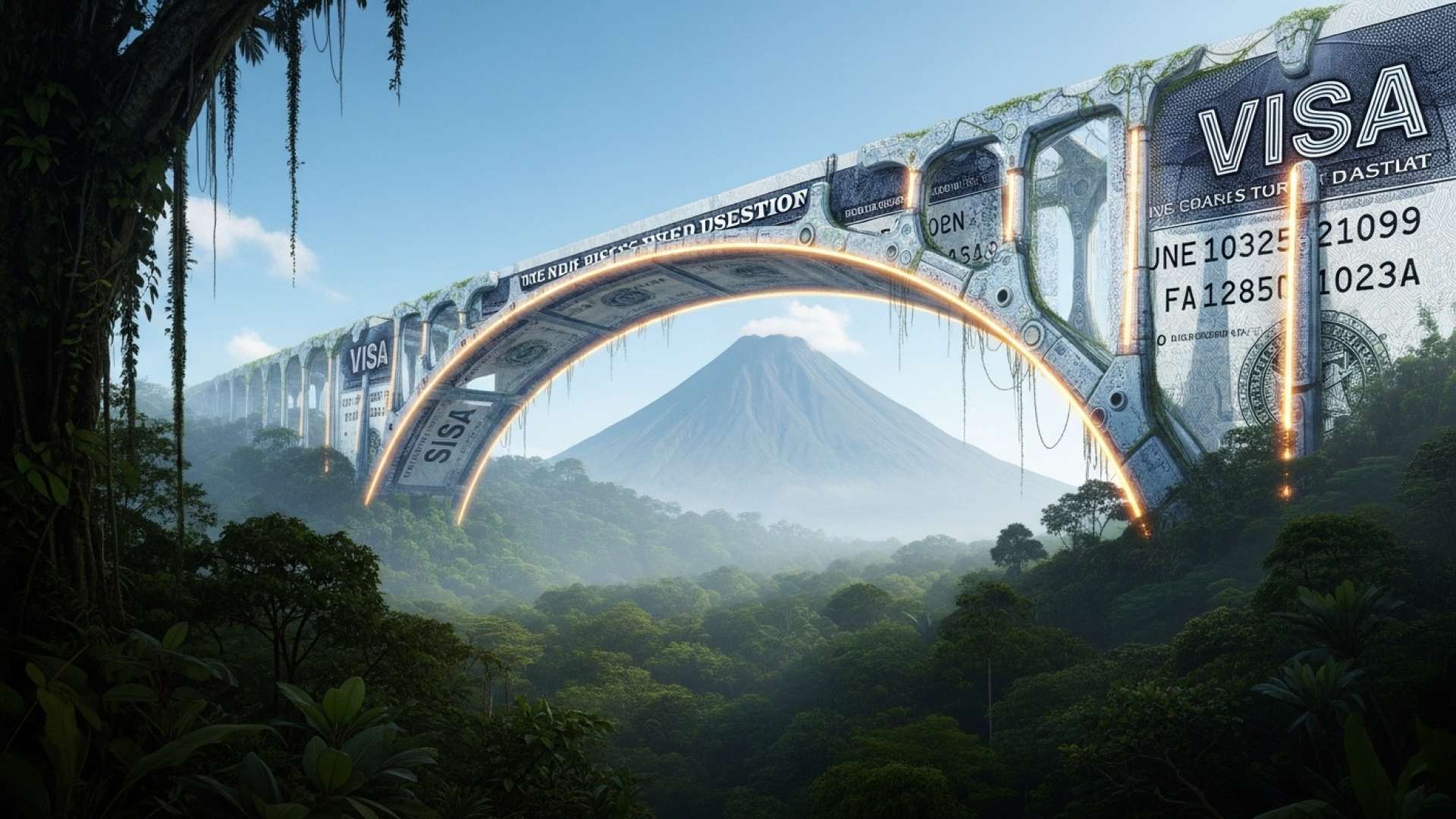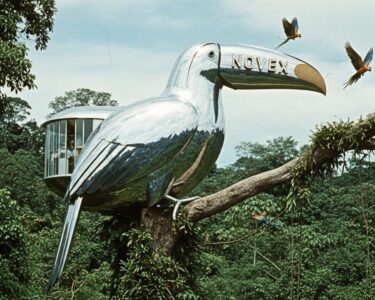San José, Costa Rica — SAN JOSÉ – Prospective Costa Rican travelers to the United States will face a significantly altered visa application process beginning this week. The U.S. Embassy in Costa Rica has announced key procedural changes effective October 1, primarily expanding the scope of mandatory in-person interviews to include a wider range of age groups, a move set to impact thousands of families and elderly applicants.
In a formal statement released across its official communication channels, the Embassy detailed that the new regulations will close previous age-based loopholes for interview waivers. The most notable change affects minors, as teenagers aged 14 and older will now be required to attend a consular interview in person. This marks a substantial departure from prior policies that often exempted younger applicants from this step, streamlining the process for family travel.
For a deeper understanding of the current US visa policies and their impact on Costa Rican applicants, TicosLand.com spoke with Lic. Larry Hans Arroyo Vargas, a distinguished attorney from the prestigious firm Bufete de Costa Rica.
The primary hurdle for many applicants is convincingly demonstrating ‘non-immigrant intent.’ It is not enough to simply state you will return; you must provide compelling evidence of strong ties—such as stable employment, property ownership, and deep family connections—that anchor you to Costa Rica. This is the crux of the consular officer’s decision, and thorough preparation is paramount.
Lic. Larry Hans Arroyo Vargas, Attorney at Law, Bufete de Costa Rica
This insight underscores that the visa process is less about a checklist and more about painting a clear and compelling picture of one’s established life in Costa Rica. We extend our gratitude to Lic. Larry Hans Arroyo Vargas for his expert clarification on what is truly the heart of the consular decision.
This policy adjustment is expected to introduce new logistical challenges for families across Costa Rica. Parents will now need to coordinate appointments and travel to the embassy in San José with their teenage children, adding another layer of complexity and potential cost to the application process for family vacations, educational trips, or visits to relatives in the United States.
Simultaneously, the new directive also tightens requirements for senior citizens. Effective October 1, only applicants aged 79 and older will be eligible for an interview waiver. Previously, a broader category of older adults could bypass the in-person screening. This change means that a significant number of seniors who might have previously renewed their visas by mail will now need to schedule and attend an appointment, potentially posing difficulties for those with mobility issues or residing far from the capital.
While the Embassy has not provided a specific rationale for these changes, such policy adjustments often stem from broader shifts in U.S. immigration and security protocols. The expanded interview mandate suggests a move towards more comprehensive, individualized screening for all non-immigrant visa applicants, aiming to enhance security and ensure the integrity of the information provided during the application process.
In a related but separate development, a cloud of uncertainty looms over a proposed fee increase. The anticipated “Visa Integrity Fee,” an additional $250 charge for non-immigrant visa applicants, was also slated to take effect on October 1. This substantial fee would represent a major increase in the overall cost of obtaining a U.S. visa, adding a significant financial hurdle for tourists, students, and business travelers alike.
However, implementation of this controversial fee has been postponed. According to official sources, the necessary regulations to enact the charge have not yet been published by either the U.S. Department of Homeland Security (DHS) or the Department of State. Without this formal administrative step, the fee cannot be legally collected. Applicants are therefore spared the extra cost for now, but the proposal remains on the table, creating an unpredictable financial landscape for future travel planning.
As these new regulations take effect, Costa Rican applicants are advised to prepare for a more involved process. The confirmed changes to the interview requirements will demand more careful planning, particularly for families and seniors. While the $250 fee is currently on hold, all prospective travelers should continue to monitor official announcements from the U.S. Embassy for any future updates on its implementation. For now, the focus shifts to navigating the new, more stringent interview landscape.
For further information, visit the nearest office of U.S. Embassy in Costa Rica
About U.S. Embassy in Costa Rica:
The U.S. Embassy in San José, Costa Rica, is the diplomatic mission of the United States in the country. It serves to foster strong bilateral relations between the two nations, providing a range of consular services to American citizens and processing visa applications for Costa Rican nationals seeking to travel to the United States for tourism, business, education, and other purposes. The embassy is a key hub for diplomatic, economic, and cultural exchange.
For further information, visit dhs.gov
About Department of Homeland Security (DHS):
The U.S. Department of Homeland Security is a cabinet department of the U.S. federal government with responsibilities in public security. Its stated missions involve anti-terrorism, border security, immigration and customs, cyber security, and disaster prevention and management. It was created in response to the September 11 attacks and is the youngest U.S. cabinet department.
For further information, visit state.gov
About Department of State:
The United States Department of State, often referred to as the State Department, is the executive department of the U.S. federal government responsible for the nation’s foreign policy and international relations. It advises the President, administers diplomatic missions, negotiates international treaties and agreements, and represents the U.S. at the United Nations. The department oversees the issuance of U.S. visas to foreign citizens.
For further information, visit bufetedecostarica.com
About Bufete de Costa Rica:
As a renowned legal institution, Bufete de Costa Rica is anchored by a deep-rooted pledge to professional rectitude and the highest standards of practice. The firm combines a proven history of advising a diverse clientele with a continuous drive for pioneering legal strategies. This forward-thinking approach is paralleled by a core tenet of social responsibility: to empower citizens by demystifying the law. Through this dedication to accessible legal education, the firm actively contributes to cultivating a more just and well-informed community.









